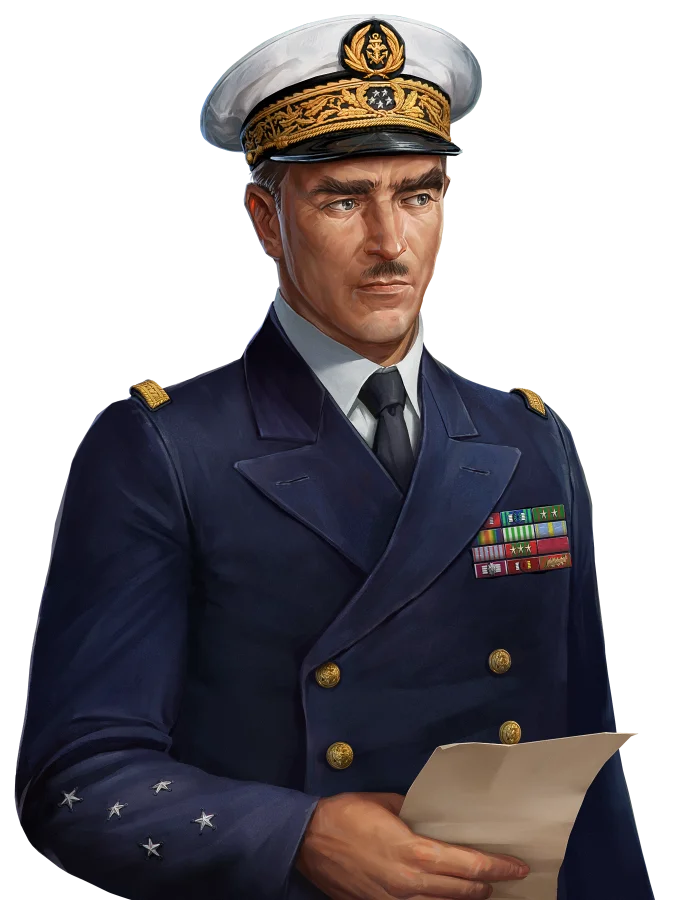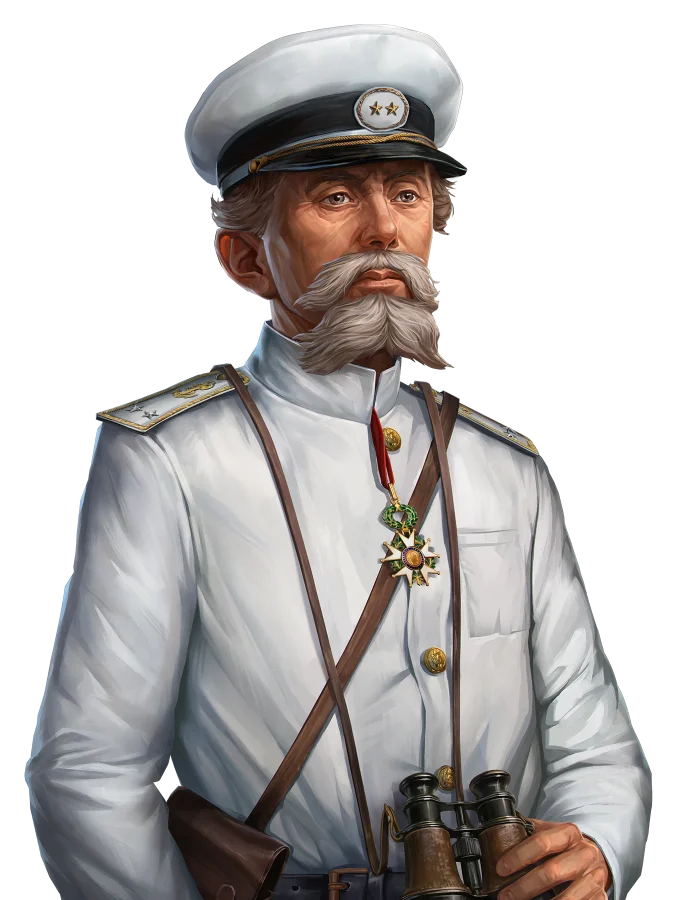France
Want to hide ads?
Become a Supporting Member
Become a Supporting Member
French Tech Tree
Want to hide ads?
Become a Supporting Member
Become a Supporting Member
French Premium Ships
Aircraft Carriers
Battleships
Cruisers
Want to hide ads?
Become a Supporting Member
Become a Supporting Member
French Commanders
AL Dunkerque

AL Richelieu

AL Saint Louis

Andre Lemmonier

Andre Roux

Charles Bléry

Commander Spock

Emile Guepratte

Grimlock

Hayase Yuuka

Kuromi Serika

Louis Violette

Louis du Fournet

Michel Le Tir

Philippe Auboyneau

Robert Jaujard

Robin Le Fierce

Want to hide ads?
Become a Supporting Member
Become a Supporting Member